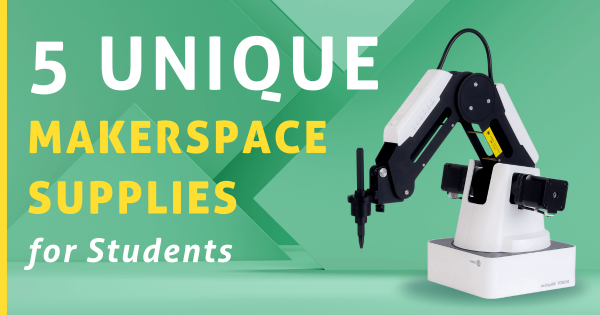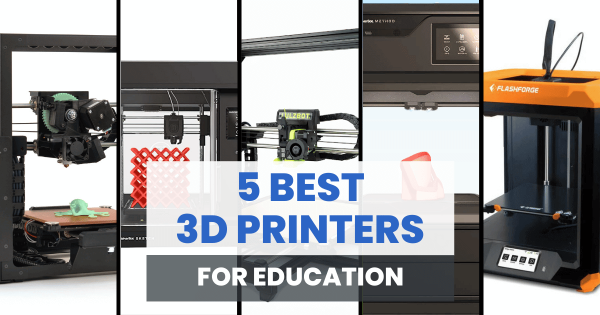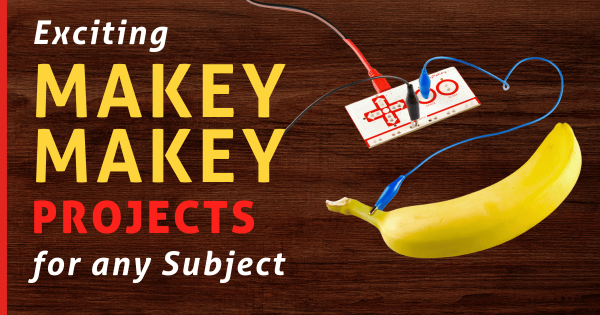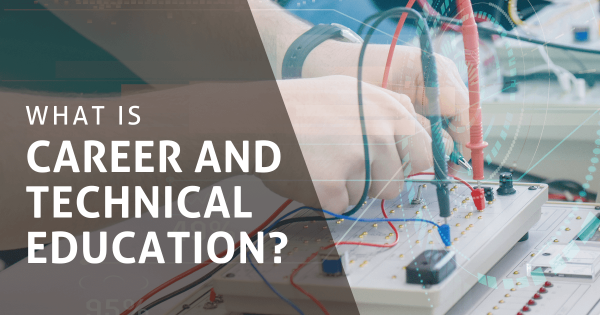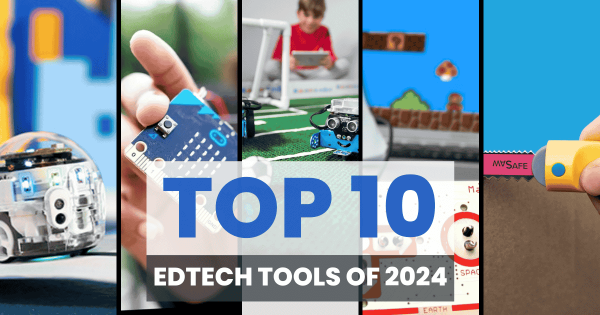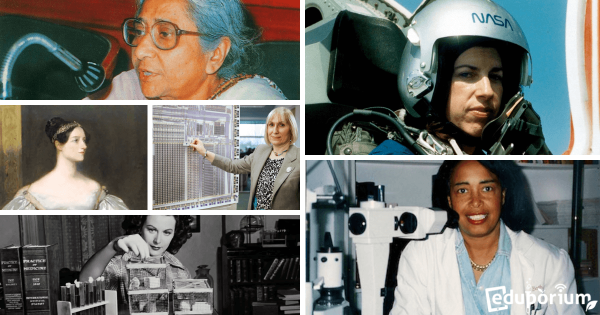While educators won’t necessarily need official curricula or detailed project guides in makerspaces, these suggestions, however, are great examples of unique maker supplies, including different types of 3D printers, coding kits, electronics tools, and design equipment. So, we’re excited to walk through some less common makerspace tools for creating high-quality learning.
Kara Applegate
-
Eduporium Weekly | Earth Day STEM Activities
Earth Day is the perfect holiday to apply the concepts of STEAM education and project-based learning. After all, the central goal of each opportunity is for your students to apply creative and innovative thinking while working to solve real-world community problems. Plus, Earth Day classroom activities can help all educators highlight the critical importance of going green. -
Gimkit: A Classroom Review Tool With A Game Show Format
Gimkit is an online learning game and review tool that requires students to collaborate in order for them to succeed. With key background knowledge from classroom lessons on the topics they’ll explore, children can progress through these game show-style review experiences while honing some key teamwork and strategizing skills. Read on to learn more about it. -
5 Best 3D Printers For Education In 2025
When it comes to crafting the perfect makerspace experiences, educators can try incorporating a wide variety of hands-on STEAM activities. To truly maximize student engagement and empower them all to feel like authentic problem solvers, however, 3D printing is an awesome option and these are some of the best educational 3D printers for K–12 school STEM programs. -
Exciting Makey Makey Project Ideas For Any Subject
For educators, especially those who may be new to technology and STEM in general, the Makey Makey is an excellent starting point for your lessons. Besides immediately recognizing its catchy name, the Makey Makey is an extremely appealing teaching tool that boosts engagement and maximizes instruction. What does it help you teach? Just about anything you want. -
What Is Career And Technical Education (CTE)?
Even with STEM tools and active learning, students oftentimes fail to feel fulfilled. With career and technical education, however, they’re able to gain skills in areas that can truly help them. CTE is proven to increase positive career outcomes, prepare students for college, and even improve success in other academic areas—not just STEM. -
Celebrating Black STEM Innovators Throughout History
At Eduporium, we take pride in being one of few technology companies to have a Black CEO. So, to kick off Black History Month, we are highlighting some of the most crucial accomplishments that Black STEM leaders have made throughout history. These innovators have shaped our technologies to this day and continue to inspire students to follow their dreams. -
Top 10 EdTech And STEAM Tools Of 2024
Here are the most sought-after STEAM tools of the year—tools that helped the Eduporium family teach everything from magical makerspace moments to amazing coding creations. The Ozobot and Bee-Bot helped to foster CS skills, while Glowforge’s laser printers enlivened makerspaces, Expeditions 2.0 put kids right in the action, and the micro:bit V2 made learning flexible. -
9 Of The Most Influential Women In STEM
It’s Women’s History Month, and to celebrate, we’ll be highlighting some of the most significant historical accomplishments female STEM leaders have made. Recognizing the contributions of these women is an inspiration both to educators and future women in STEM. Read on for details on how these women gave us Wi-Fi, programming, chemotherapy, OLEDs, and more. -
STEM Sports: Combining Physical Activity and Thoughtful Learning
In the United States, 34.6% of high school students participate in sports. Incorporating sports into your classroom STEM learning can boost retention and engagement. Try STEM Sports kits to show kids the science behind their favorite sports and inspire them to pursue real-world applications of STEM. Check out these turnkey, standards-aligned curricula in this blog.



